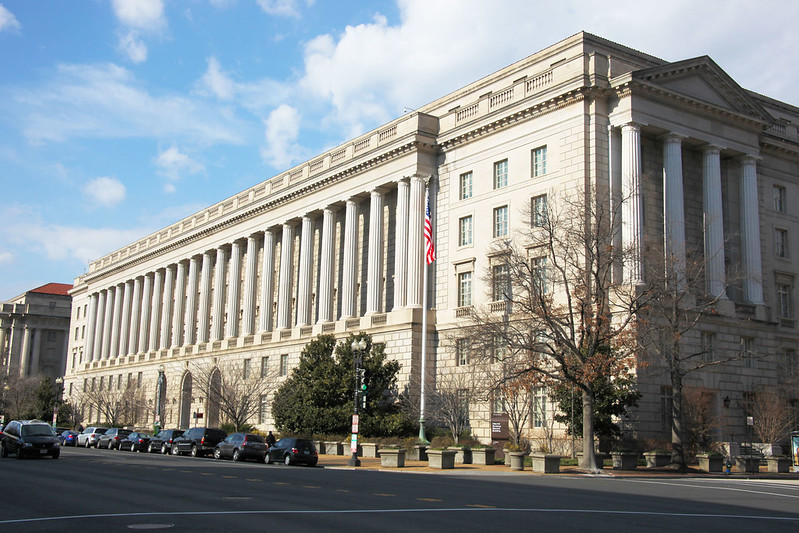
The Internal Revenue Service announced this week that it plans a “significant increase” in audits for taxpayers engaged in conservation easements. This unfortunate development continues the IRS’s disturbing pattern of harassing taxpayers that have entered into easement agreements.
The fact is, taxpayer abuse of the conservation easement deduction is few and far between. A recent analysis of cases in which the IRS took taxpayers to court over easement valuations found that over 80 percent of taxpayers’ claimed valuations were upheld.
The conservation easement deduction has existed for decades and incentivizes property owners to conserve land and historic sites by offering a charitable deduction. In order to claim the deduction, the taxpayer must agree to restrict their right to develop or alter the property. Organizations known as land trusts agree to monitor the restrictions placed on the property.
The taxpayer typically can deduct up to 50 percent of adjusted gross income (AGI) in any given year and carry forward any unused deductions for up to 15 years.
Bipartisan Congressional majorities have consistently reaffirmed the conservation easement deduction. Congress initially codified the provision in 1976 and extended the provision in 1977. It was then made permanent in the Tax Treatment and Extension Act of 1980. In 2006, Congress narrowed the definition of conservation easements and expanded the deduction to 50 percent of AGI. In 2015, Congress made the expansion permanent.
Despite this clear Congressional intent, the IRS has recently subjected taxpayers to unnecessary scrutiny over the deduction. In late 2016, the Obama IRS issued Notice 2017-10, which made partnership donations of conservation easements “listed transactions.” This subjected taxpayers to burdensome new filing requirements and onerous compliance costs. The IRS has also taken taxpayers to court over easement deductions, routinely challenging a tax benefit that Congress has expressly provided without evidence of taxpayer abuse.
It is unfortunate that the IRS has decided to move forward and subject taxpayers that utilize the deduction to more scrutiny. Moving forward, if lawmakers and the IRS want to reform the deduction, they should do so through the proper legislative process and ensure that existing easements are protected. This means rejecting any retroactive disallowance of the easement deduction given that it would punish taxpayers for decisions already taken and would undermine confidence in the tax code.

